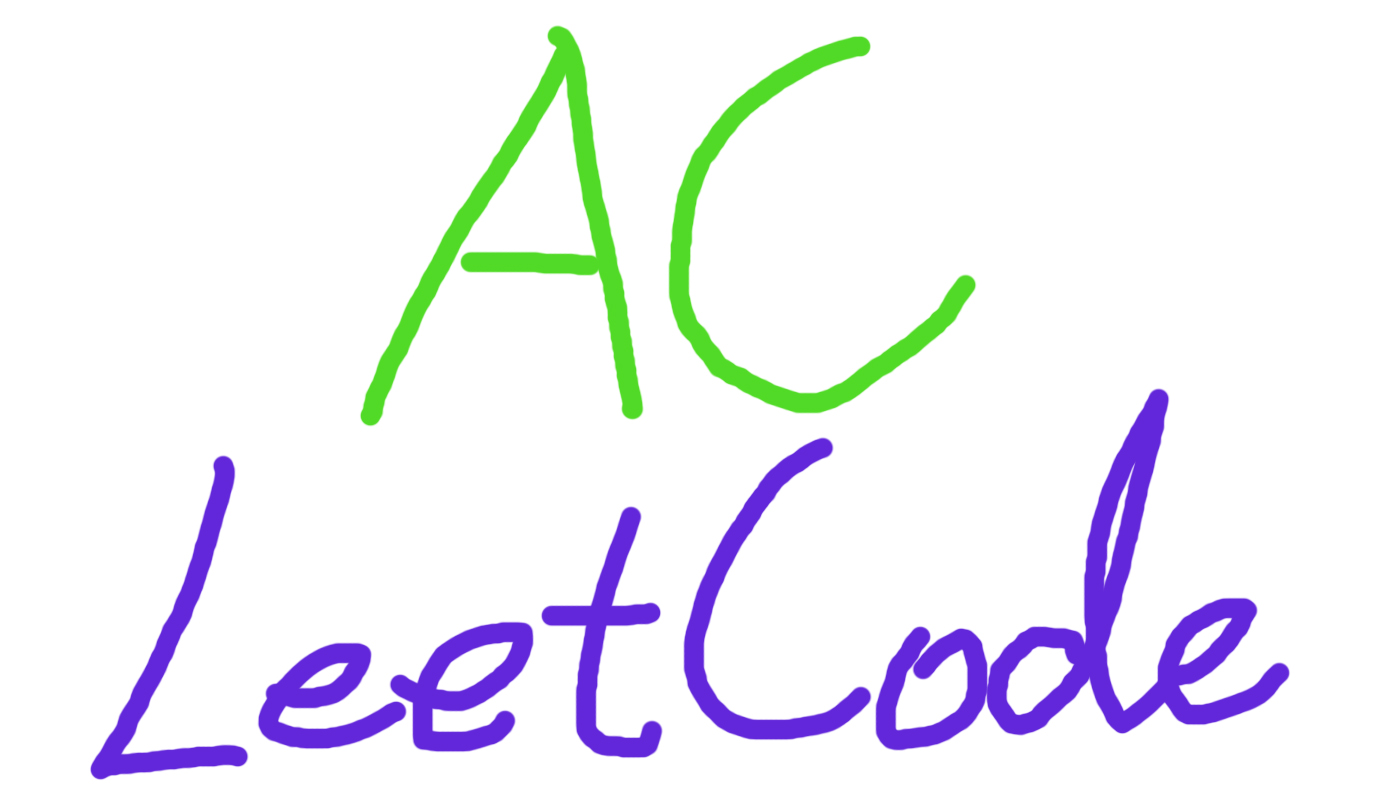
Description
Given two sequences pushed and popped with distinct values, return true if and only if this could have been the result of a sequence of push and pop operations on an initially empty stack.
Example
Example 1:1
2
3
4
5Input: pushed = [1,2,3,4,5], popped = [4,5,3,2,1]
Output: true
Explanation: We might do the following sequence:
push(1), push(2), push(3), push(4), pop() -> 4,
push(5), pop() -> 5, pop() -> 3, pop() -> 2, pop() -> 1
Example 2:1
2
3Input: pushed = [1,2,3,4,5], popped = [4,3,5,1,2]
Output: false
Explanation: 1 cannot be popped before 2.
Note:
- 0 <= pushed.length == popped.length <= 1000
- 0 <= pushed[i], popped[i] < 1000
- pushed is a permutation of popped.
- pushed and popped have distinct values.
Solution
Solution 1: Simulating
Time: O(n)
Space: O(n)1
2
3
4
5
6
7
8
9
10
11
12
13
14class Solution {
public boolean validateStackSequences(int[] pushed, int[] popped) {
Stack<Integer> st = new Stack<>();
int idx = 0;
for (int num: pushed){
st.push(num);
while(!st.isEmpty() && st.peek() == popped[idx]){
idx++;
st.pop();
}
}
return st.isEmpty();
}
}
Solution 2: Used pushed as stack, change the input array
Time: O(n)
Space: O(1)1
2
3
4
5
6
7
8
9
10
11
12
13class Solution {
public boolean validateStackSequences(int[] pushed, int[] popped) {
int i = 0, j = 0;
for (int num: pushed){
pushed[i++] = num;
while(i > 0 && pushed[i - 1] == popped[j]){
i--;
j++;
}
}
return i == 0;
}
}